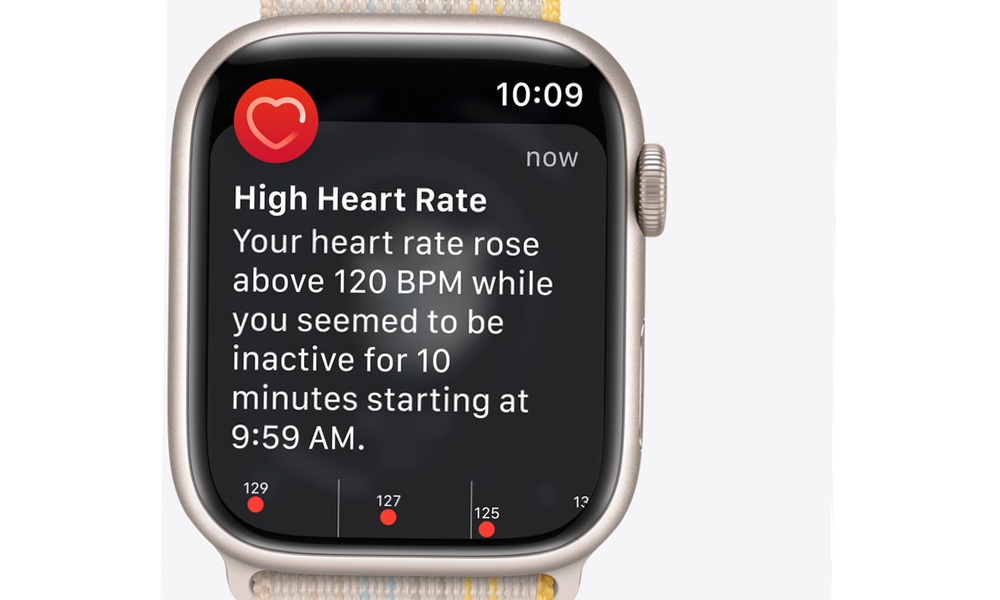Heart disease rarely comes out of nowhere. There are several clear biological warning signs connected to heart risks that develop over the years. Do you know your heart risk numbers? Most people don't.
When the Ohio State University Wexner Medical Center asked more than 1,000 adults 18 and older around the country if they knew their ideal body weight, blood pressure, cholesterol levels or blood sugar levels, the results were disappointing. Fewer than half of respondents (44 percent) knew their ideal weight or body mass index (BMI); and only 15 percent knew their blood sugar levels.
Almost 70 percent, however, knew their childhood address, and 58 percent knew their best friend's birthday.
Knowing your risk factors for heart disease early and treating them can prevent heart attacks, strokes and heart failure. “As a society, we need to shift from sick care to preventative care so people can live the best and fullest lives possible,” Laxmi Mehta, director of preventive cardiology and women's cardiovascular health at Ohio State, said in a statement.Fewer than half of respondents knew their ideal weight and only 15 percent knew their blood sugar levels, but at least many are getting them checked regularly.
Here's what healthy heart numbers look like:
- Blood pressure: The top (systolic) number should be below 130 mm Hg and the bottom (diastolic) number should be below 80 mm Hg.
- Cholesterol: People should talk to their provider about the recommended range of low-density lipoprotein cholesterol and triglycerides.
- Body Mass Index: A normal BMI is between 18.5 and 24.9. You can check yours here.
- Blood sugar: After fasting for eight hours, blood sugar should be below 100 mg/dL or a hemoglobin A1C below 5.7.
“Most people associate diabetes with either their family history or being overweight, and they don't make the connection that it's associated with heart disease,” Mehta explained. People with diabetes are twice as likely to have heart disease or stroke than those without heart disease, she added. And women with diabetes are at a higher risk for heart disease than men.
The good news is that even though most Americans do not know their healthy heart numbers off the top of their heads, the survey found they are getting them monitored regularly. Most respondents said they had had their blood pressure and heart rate checked within the last year, and their blood sugar and cholesterol levels checked within the last five years.
Mehta said most people can get screened at their doctor's office or a health fair. Many pharmacies also have blood pressure machines. “It is important to not only know your numbers, but to be proactive with medication and lifestyle changes, such as diet and exercise,” she said.
She recommends that people talk to their providers about what their numbers are and if they fall within a normal range. They should also discuss their sleep habits, diet and exercise routine and smoking and alcohol use.
Setting weight loss goals is also important. “None of us likes to talk about our own weight, but it's an important conversation because being overweight is a risk factor for heart disease,” said Mehta.
More information is available on the Wexner Medical Center website.





